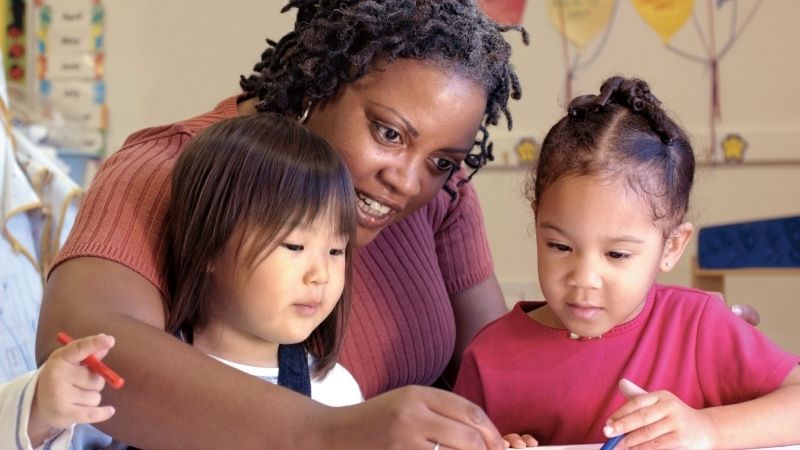
As a parent, you want your teen to grow up into a healthy and happy adult. However, if they struggle with social anxiety or are dealing with bullying or peer pressure, your hopes for their future may seem out of reach.
Help them understand that their social circles can impact their lives in positive or negative ways.
Dating
Today’s teens spend a lot of time texting potential love interests and getting to know them before meeting in person. It is important to help your teen understand that not all people are who they say they are online. Encourage them to hang out in person when possible and talk openly about sex, relationships, dating expectations and safety.
Positive dating experiences during late adolescence have been linked to a variety of beneficial outcomes, including the development of healthy relationship schemas and conflict management techniques. On the other hand, negative adolescent romantic experience has been associated with poor mental health symptoms. This suggests the importance of further inspection of how support, communication styles and other aspects of dating relationships impact mental health later in life.
Substance Abuse
Teenage drug abuse is a serious concern that can negatively impact a teen’s home life, schooling and social engagement. Parents should provide teens with clear and open communication on the dangers of drugs, as well as implement educational programs geared toward their specific needs.
Often, teenagers begin using drugs because of peer pressure. When they see their friends doing drugs, they think “everyone is doing it,” so they decide to join in as well.
They may spend a lot of time getting, using or recovering from the drug and have intense cravings for it. They may also develop a tolerance and need to use higher doses to get the same effect. They may even start taking risks like sexually risky behaviors and driving while under the influence.
Social Media
The influence of social media on teens today is profound. The Center’s surveys indicate that most teens see positive benefits from participating in social media – but also that it can have negative associations.
For example, if your teen regularly compares their own appearance with staged and filtered images of peers or influencers on social media, it can have a damaging effect on their self-image. Also, seeing unsubstantiated “deep fake” news stories can affect their views of politicians and other public figures and lead to inaccurate beliefs.
It’s important to help your teen balance these concerns by setting limitations on social media use, such as not keeping cellphones in their bedrooms at night or limiting the amount of time spent online. You can also monitor their use and encourage them to seek out positive social media content instead of just consuming it.
Peer Influence
Research shows that social pressure can influence people of all ages, but it is especially strong for teens. This is because their brains are going through a lot of changes, and they are highly attuned to the influence of others. They are also more likely to experiment with behaviors that can have negative consequences, like drugs, alcohol, and risky sex.
It is important for teens to have positive peer relationships, because they help them find a sense of identity as they figure out who they are, what they believe, and their responsibilities. But it is also important for them to understand that not all peer pressure is good or healthy. They should be cautious about identifying with peers that are too similar to them, as this could lead to unhealthy behaviors.
Self-Identity
As they try to figure out their identity, teens often find themselves pushed in different directions by family members, peers and the media. This is a natural part of the process, and it's important to let them have the space to explore how they fit into their current environment.
When a teen has a clear sense of self, they are less likely to engage in risky behaviors and have better mental health. It's essential to help them build a powerful identity that will carry them into adulthood.
Supporting a strong sense of identity requires a variety of approaches, including self-reflection, positive experiences and challenges, supportive relationships with adults and peers and challenging negative stereotypes and biases. By giving young people a powerful sense of self, we can help them be more resilient and confident as they navigate life's many changes.
 Careers in EducationElementary EducationHigh School EducationEducational TechnologyTeaching StrategiesSpecial EducationPrivacy PolicyTerms And Conditions
Careers in EducationElementary EducationHigh School EducationEducational TechnologyTeaching StrategiesSpecial EducationPrivacy PolicyTerms And Conditions
